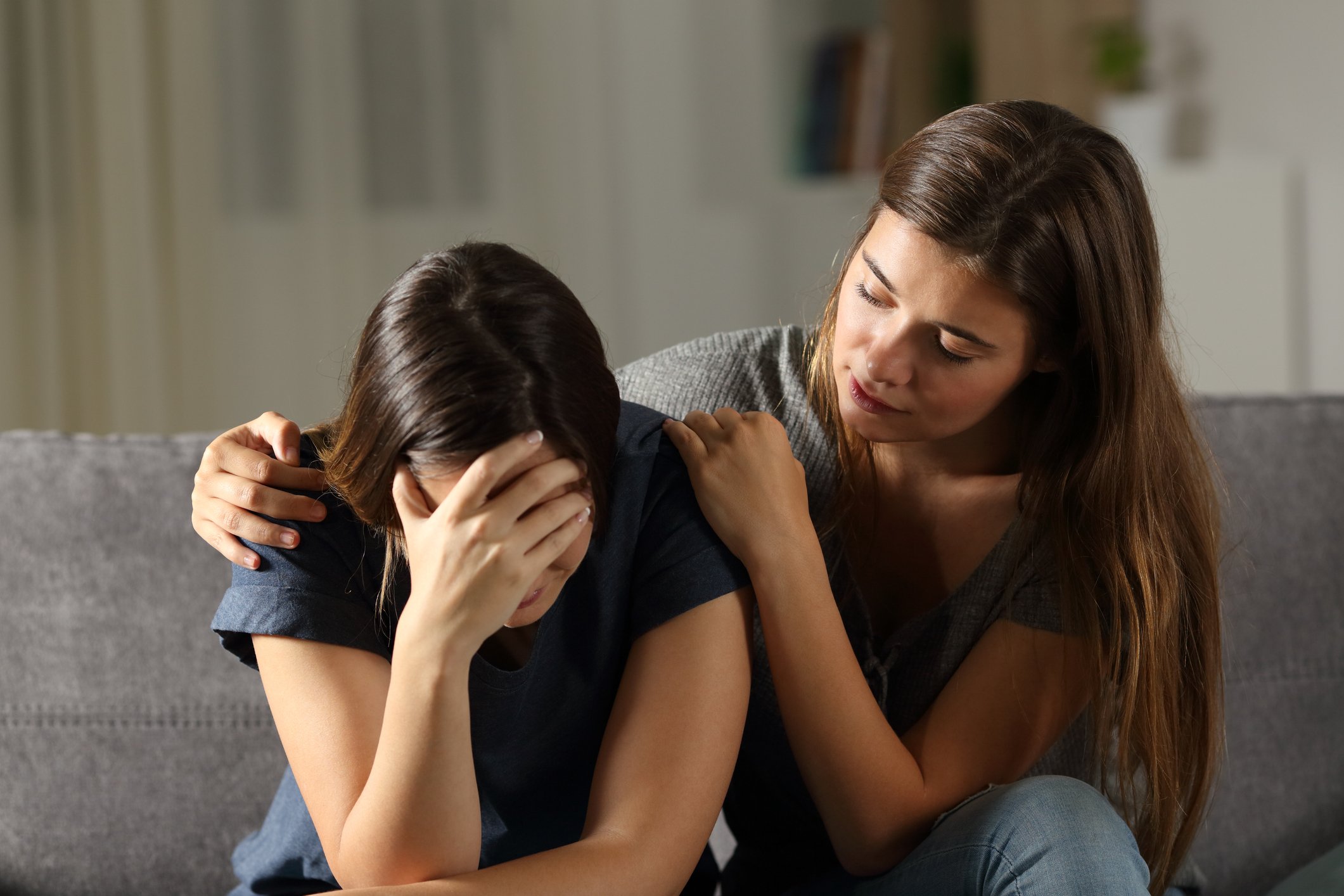Eating Disorders 101: What Every Teen Should Know
Introduction
Have you ever skipped a meal and thought, “It’s no big deal”? Or noticed a friend obsessing over every calorie? It might not seem serious at first, but eating disorders are a real mental health issue affecting thousands of teenagers across the UK and beyond.
In fact, around 1.25 million people in the UK are living with an eating disorder—and many of them are teens. The earlier we understand what they are, what causes them, and how to get help, the better chance we have of recovering or supporting someone who’s struggling.
Let’s break it down—no shame, no judgment. Just real talk.
What Is an Eating Disorder?
An eating disorder isn’t just about food. It’s a serious mental health condition where someone’s relationship with food, body image, and self-esteem gets distorted. It can lead to dangerous behaviours like starving, overeating, or purging—and it affects people of all genders, sizes, backgrounds, and ages.
Some people with eating disorders might look thin. Some might not. It’s not always visible, and it’s definitely not always obvious.
“Eating disorders are not a choice — they are serious illnesses that require understanding, compassion, and professional care.”
Types of Eating Disorders
Here are some of the most common eating disorders teens should know about:
1. Anorexia Nervosa
People with anorexia severely restrict their food intake, often to the point of starvation. They may have an intense fear of gaining weight—even if they’re already underweight.
2. Bulimia Nervosa
Bulimia involves cycles of bingeing and purging. That means eating large amounts of food in a short time, then trying to “undo it” by vomiting, using laxatives, or over-exercising.
3. Binge Eating Disorder (BED)
BED involves eating a lot of food in a short period—often in secret—even when not hungry. Unlike bulimia, there’s no purging, which can lead to feelings of shame or guilt.
4. ARFID (Avoidant/Restrictive Food Intake Disorder)
This isn’t about body image—it’s about fear of choking, strong dislike of textures, or anxiety around eating. It can still lead to serious health issues.
5. Orthorexia (Not officially classified, but increasingly recognised)
An obsession with eating “clean” or “healthy” to an extreme level, often cutting out entire food groups or feeling intense guilt after eating anything considered “unhealthy.”
Why Do People Develop Eating Disorders?
Eating disorders don’t just pop up overnight—and they’re not a choice. They can be caused by a mix of things, including:
Body image pressures (especially from social media)
Low self-esteem
Bullying or trauma
Perfectionism
Family history or genetics
Diet culture and the obsession with being thin
Mental health struggles like anxiety, OCD, or depression
It’s often a way to cope when life feels out of control.
Signs to Look Out For
Worried about yourself or someone else? Here are some common red flags:
Skipping meals or cutting out food groups
Obsession with calories, weight, or body image
Avoiding meals with others
Sudden weight changes
Feeling tired, dizzy, or faint
Mood swings or withdrawing from friends
Going to the bathroom after meals (possible purging)
You don’t need all these signs to be struggling. Even a few could mean it’s time to talk to someone.
Why Getting Help Early Matters
Eating disorders are serious—and sometimes life-threatening. But the good news? They are treatable, especially when caught early.
Getting help can stop things from getting worse. It can also help you understand why it’s happening and how to rebuild a healthier relationship with food and yourself.
There’s no shame in needing support. It takes courage to speak up.
How to Support a Friend Who Might Be Struggling
Not sure what to say or do? Here’s how you can be a good friend:
Listen, don’t judge. Let them talk if they’re ready.
Avoid comments about their body or eating habits.
Encourage them to talk to a trusted adult (like a parent, teacher, or school counsellor).
Check in regularly. Let them know you’re there for them.
Don’t try to fix it yourself. Support is important, but professional help is key.
Where Can You Get Help?
If you’re struggling or worried about someone else, here’s where to turn:
Talk to someone you trust – a parent, teacher, or school counsellor.
Visit your GP – they can refer you to specialist services.
Reach out to organisations:
BEAT Eating Disorders – UK’s leading eating disorder charity
YoungMinds – support for youth mental health
You’re not alone—and there is help out there.
Myths About Eating Disorders (Busted!)
MYTH: Only girls get eating disorders
TRUTH: Anyone can, including boys and non-binary teens.
MYTH: You can tell someone has an eating disorder just by looking at them
TRUTH: Many people with eating disorders appear “normal” in size.
MYTH: It’s just a phase
TRUTH: It’s a mental health issue and needs proper support.
MYTH: People with eating disorders are just being dramatic or seeking attention
TRUTH: Eating disorders are complex and painful—not attention-seeking.
MYTH: Only very thin people need help
TRUTH: You don’t have to be underweight to be seriously unwell.
Final Thought
If you're reading this and thinking, "This kind of sounds like me..."—please know you're not weak, broken, or weird. You’re a human being who deserves support, healing, and freedom from the stress and pain around food and body image.
Asking for help isn't a weakness—it's strength.
FAQ’s
-
Yes! Eating disorders affect people of all body types. Weight isn’t the only sign—and often, it’s not the main one.
-
Nope. They’re often about control, stress, perfectionism, or mental health issues—not just food or looks.
-
It can be a trigger—especially when you're constantly seeing filtered bodies and diet trends. But it’s usually one piece of a bigger puzzle.
-
If you’re obsessing over food, avoiding meals, or constantly thinking about your body—it’s worth talking to someone. Don’t wait for it to get worse.
-
Start simple: “Hey, I’ve noticed you seem a bit stressed lately. Do you want to talk?” Just letting them know you care can mean everything.







